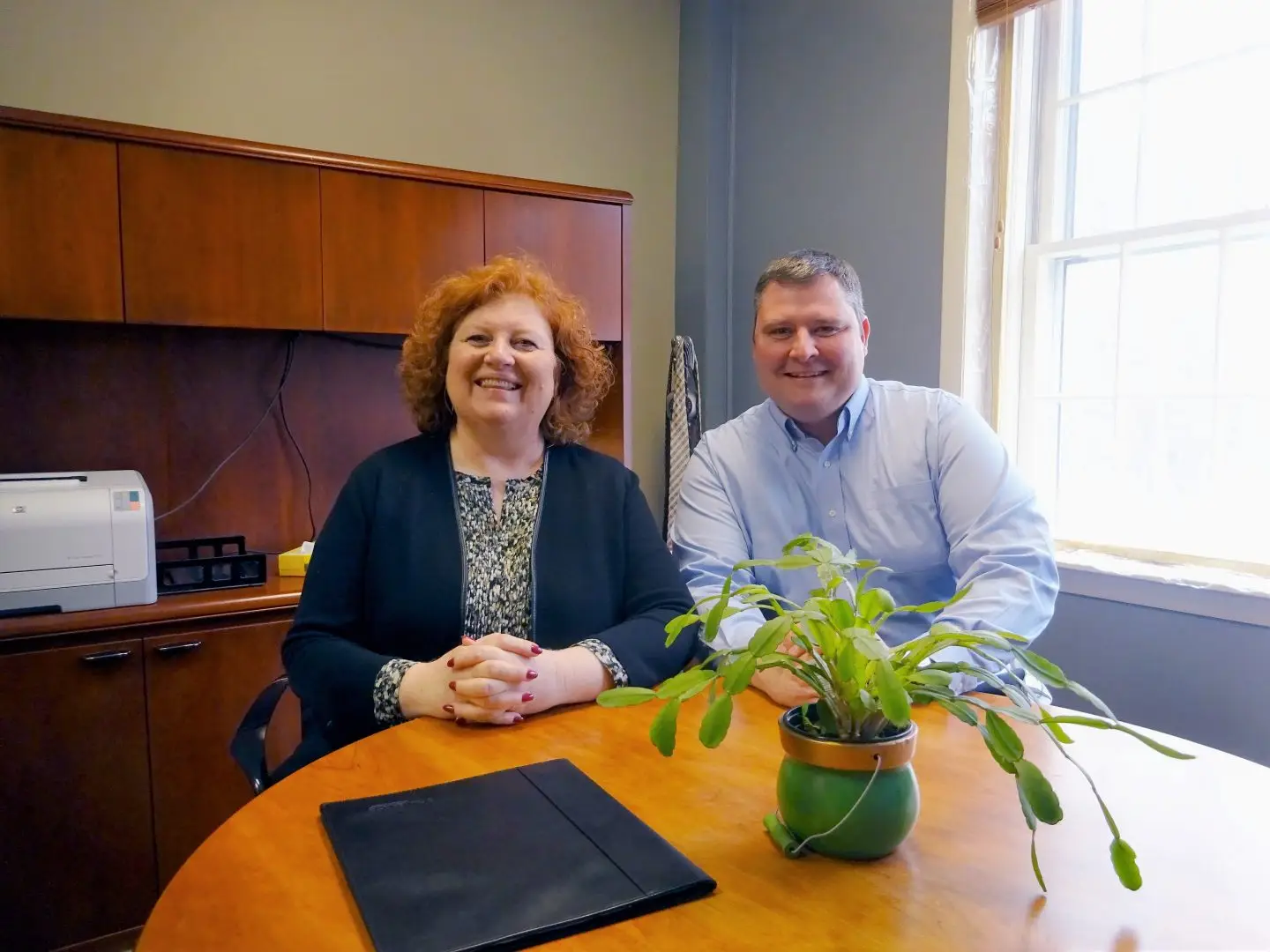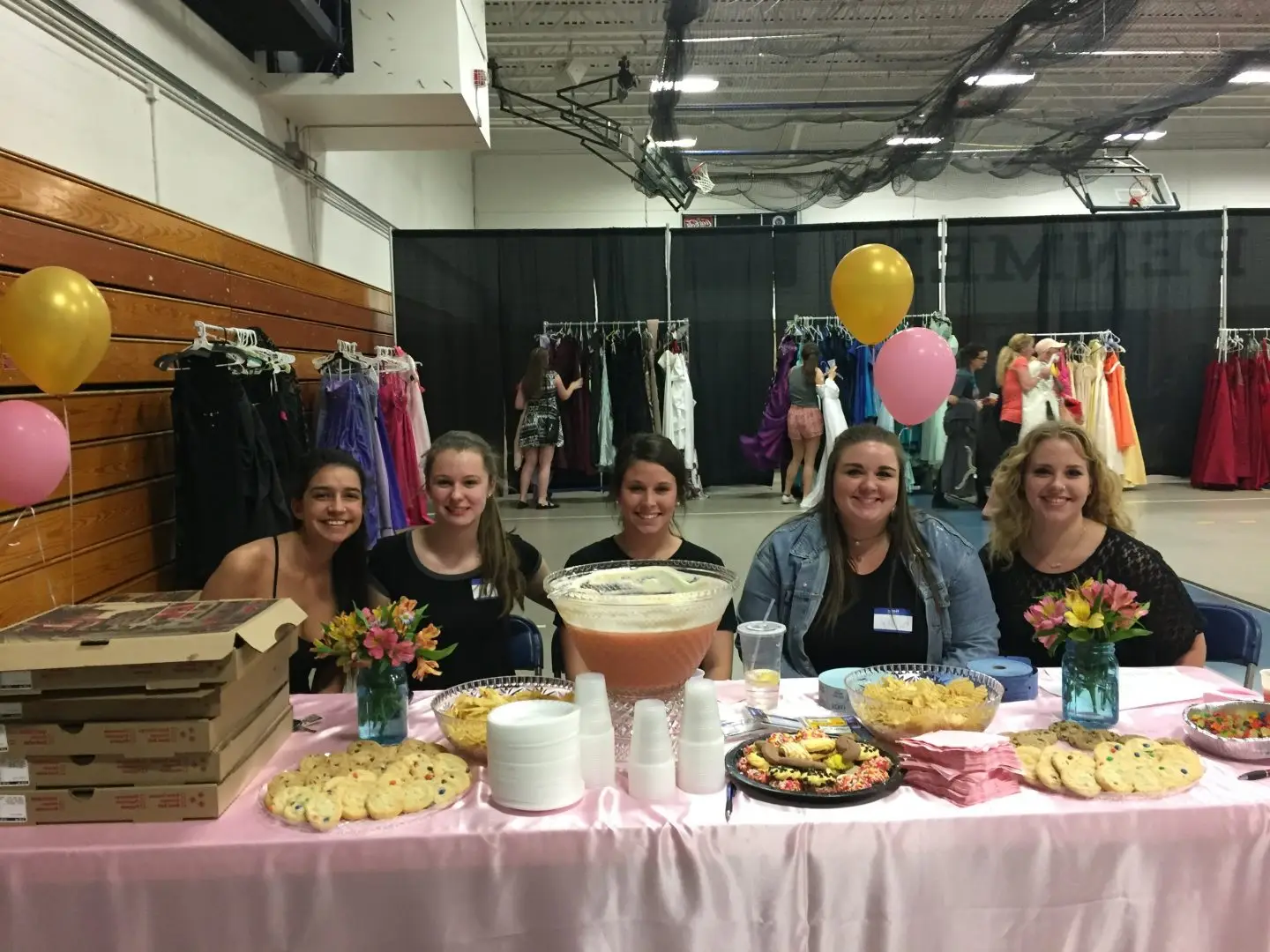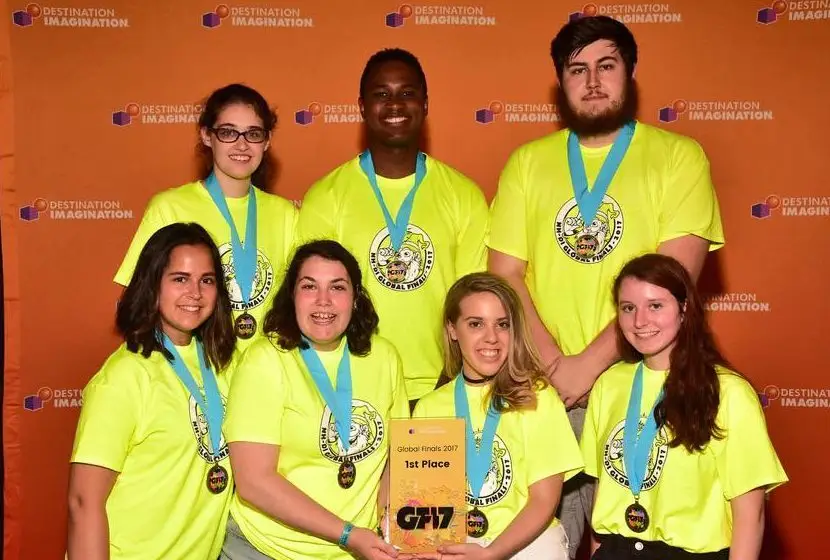With the fall semester now months behind us, the SNHU administration has been evaluating student performance to plan for the future.
“One of the things that [was] unique about the fall is that we saw some students that were high achieving that had really low grades this semester,” said Leah Richards, Assistant Dean of Student Success. Richards also chairs the Scholastic committee, an administrative body at SNHU that reviews students whose GPA has fallen below a 2.0 score. If this happens, the committee has to put the student under academic suspension. However, the student can appeal their decision by writing a letter addressing the reasons they fell behind.
“A few themes emerged. [T]he most obvious is that students are finding it harder to manage balancing their academics in a virtual environment…[C]ertainly the actual way of learning is impacting it,” said Richards. The administration has emphasized that they understand how different this year has been for students and realize how the changes caused by the pandemic can strain student performance.
While a fair amount of the stress caused by the pandemic is out of the administration’s control, Richards did mention some solutions the staff was hoping students would take advantage of this semester. One of the main priorities is making sure students take full advantage of the help and office hours the teachers make available.
Richards mentioned how while some classes have built engaging communities, others struggle to contact students who are having trouble with their work. The scholastic committee has also taken steps to monitor student activity on websites like Brightspace to evaluate engagement. “We are proactively looking each week for any student that has not logged into Brightspace, and we are calling them.”
Another source of aid specifically for first-year students is the Success Coach Program. Success Coaches are assigned to first-year students and are available to review their assignments, help with time management and ensure their academic progress. This program’s success has been prevalent, with Richards mentioning how in the last couple of semesters, students who use academic coaching are usually more successful academically. Other resources available through the Learning Center include academic support that has 24/7 drop-in availability.
Beyond providing tools to students, the administration continues to try to help adjust its students to this learning experience. “We are trying to reassure people this is not a normal time…that it’s okay to commit to two or three classes instead,” Richards noted. For many students, this search for normalcy has been stressful as many find it harder to take the same amount of classes they would take in-person, online.
The administration is also committed to making sure faculty are confident that their teaching is effective in this new learning environment. To address concerns that student engagement was low in online meetings, Vice President of Academic Affairs, Michael Evans, sent out an email outlining new guidelines that students should follow, reflecting a more engaging environment. However, ultimately the administration has not sought to enforce these guidelines on a universal scale. The faculty has the final word on what procedures they feel are needed for higher student engagement.




